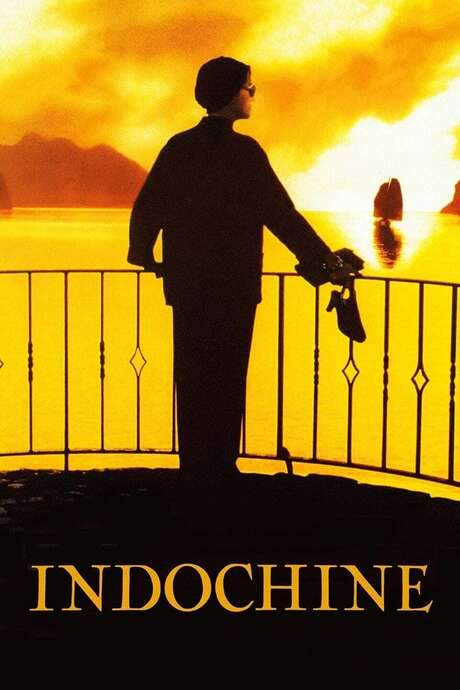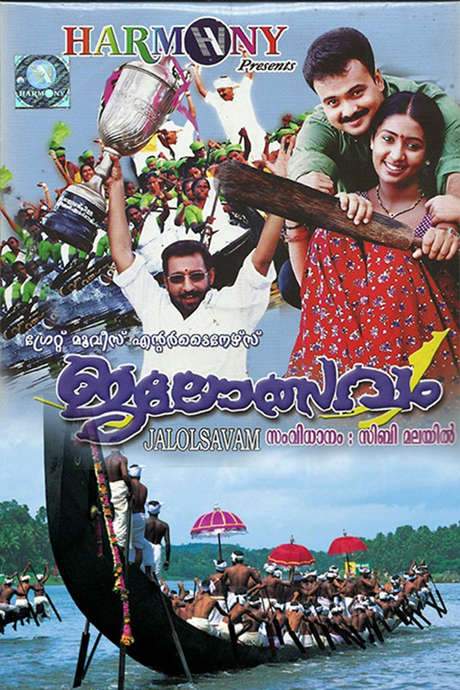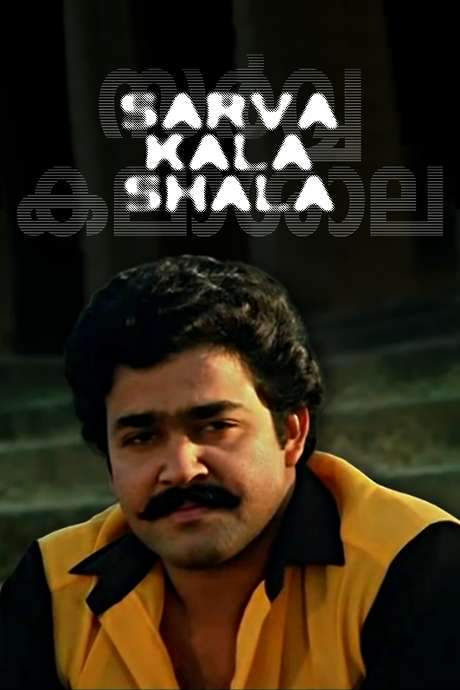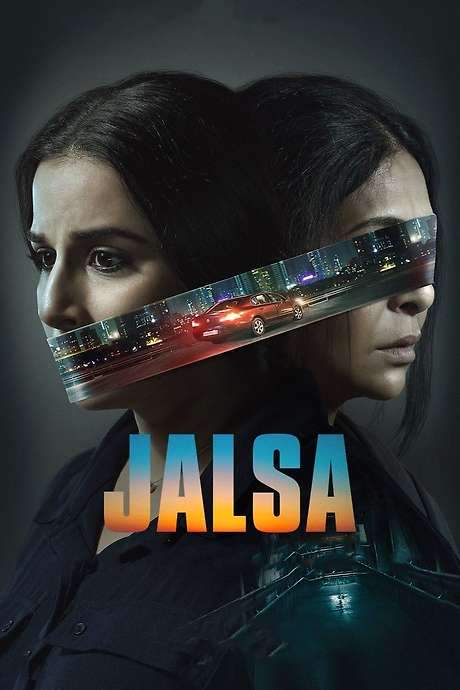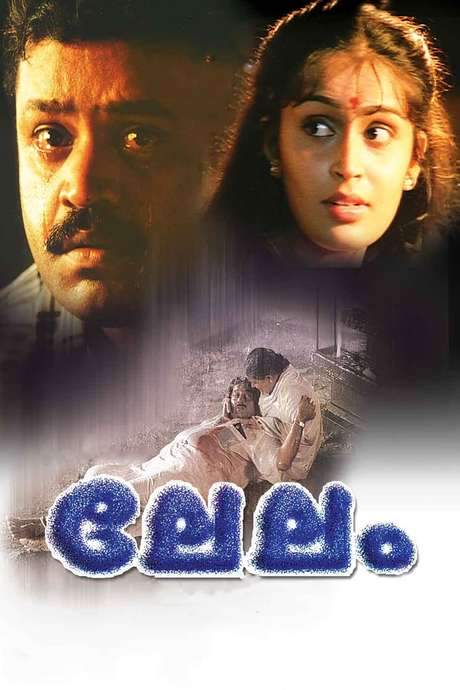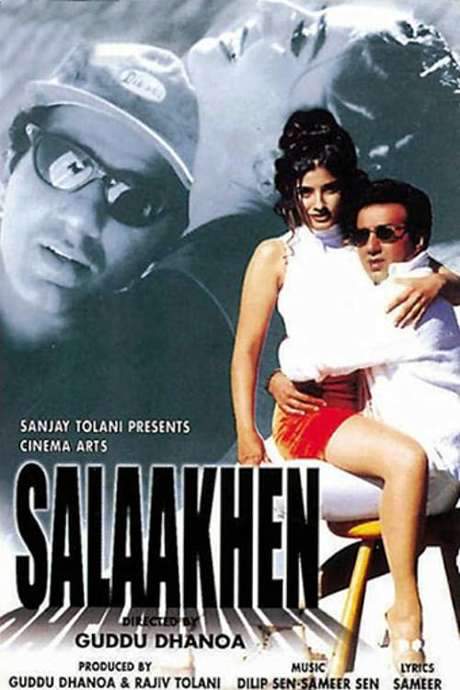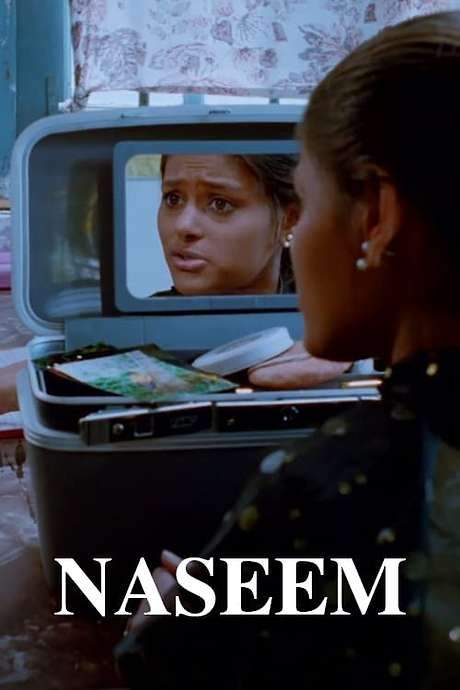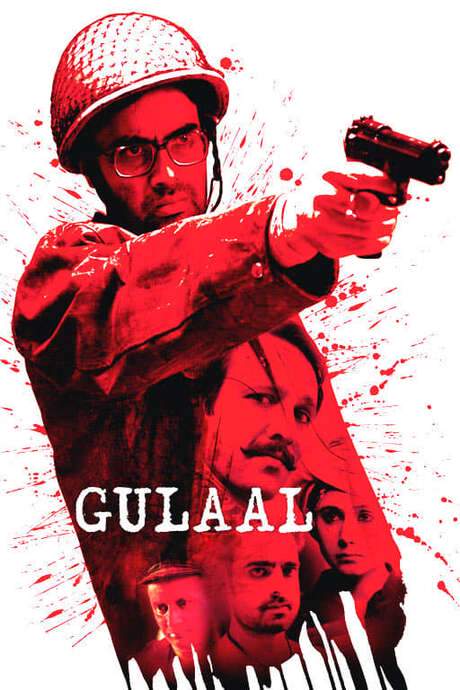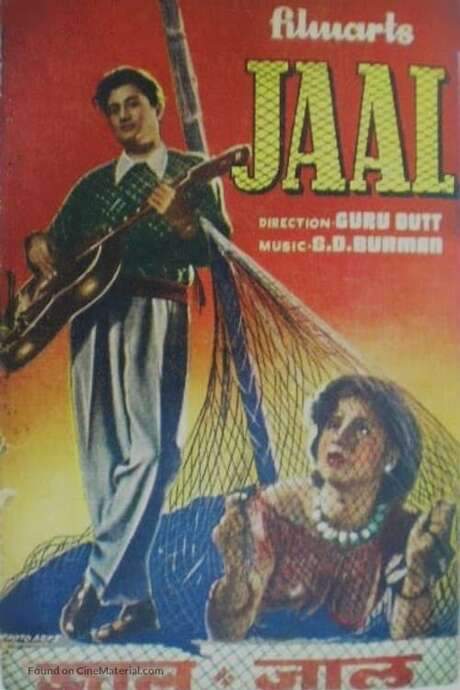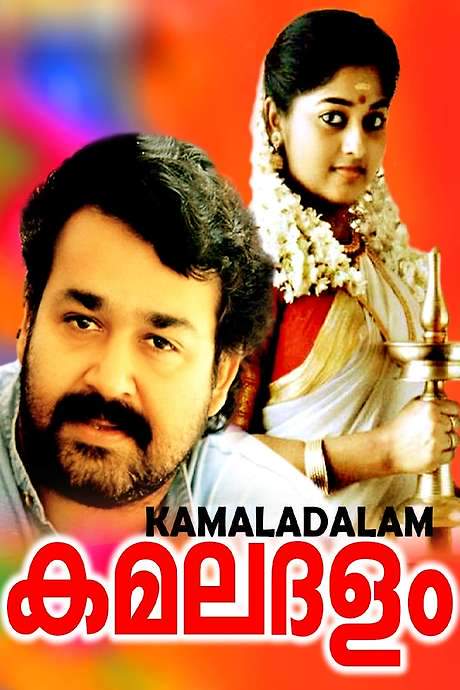
Lal Salam
Year: 1990
Runtime: 146 mins
Language: Malayalam
Director: Venu Nagavalli
The film follows three Communist Party of India comrades—Sakhav Nettoor Stephen, Sakhav T.K. Antony and Sakhav Sethulakshmi—through two distinct periods: their early revolutionary activism and the life that follows their imprisonment. It shows how the experience tests and reshapes their ideals and relationships.
Warning: spoilers below!
Haven’t seen Lal Salam yet? This summary contains major spoilers. Bookmark the page, watch the movie, and come back for the full breakdown. If you're ready, scroll on and relive the story!
Lal Salam (1990) – Full Plot Summary & Ending Explained
Read the complete plot breakdown of Lal Salam (1990), including all key story events, major twists, and the ending explained in detail. Discover what really happened—and what it all means.
Set in the early days of the Communist movement in Kerala, the narrative follows three driven comrades — Netturan Mohanlal, D.K. Antony Murali, and Sethulakshmi Geetha — as they tirelessly work to uplift daily-wage laborers and other proletarians in their village, striving to end the stranglehold of feudal landlords at a time when practicing Communism was illegal.
As the movement gains momentum, personal loyalties and romantic entanglements intertwine with politics. Sethulakshmi and D.K. Antony share a deep bond, while Netturan is drawn to Annamma Urvashi, the daughter of Medayil Ittichan, the landlord whose press Netturan runs as his day job. The trio faces escalating dangers as their activism threatens entrenched power, and the atmosphere grows tense with police surveillance and state pressure.
During a farmers’ uprising a landlord is killed, and the blame lands squarely on the three leaders of the party. The trio must go into hiding as the State Police intensifies its crackdown, committing a wave of atrocities in an attempt to root them out. Sethulakshmi is arrested, and gravely affected by the unfolding events, Netturan and D.K. Antony choose to surrender. The three are convicted and sent to prison, their imprisonment marking a turning point as the party expands its influence and becomes a formidable political force.
Upon their release, Sethulakshmi, D.K. Antony and Netturan are welcomed back as heroes by the party cadre. The party’s reach has grown, and with the State Legislative Assembly elections imminent, Sethulakshmi and D.K. Antony are unanimously selected as party candidates, backed by Netturan and other members. The party secures a landslide victory, placing Sethulakshmi in the Home Minister role and D.K. Antony in the Finance Minister position, signaling a new political era.
Meanwhile, a pregnant Annamma faces a medical crisis. Netturan’s finances and commitments to the party leave him unable to secure the necessary medications, prompting him to turn to Father Felix for help. Father Felix lends him ₹50, a gesture that underscores the cash-strapped reality even as ideology and duty pull at Netturan’s conscience. Troubled by his inability to support his family while staying true to his principles, Netturan seeks guidance from his friend Unnithan Jagathy Sreekumar. Unnithan advises him to step back from the party for a time and pursue a new path. Taking the suggestion to heart, Netturan takes five years off from party duties and resigns from the state committee, venturing into a new livelihood.
He starts a contract works business, channeling his energy and discipline into building a successful enterprise. Through relentless effort, he accumulates wealth and a new sense of independence, a stark contrast to the ideals that once defined him. The continuing political saga of the party unfolds with D.K. Antony and Sethulakshmi still in office, while personal turmoil shadows their marriage when D.K.’s illicit relationship with Stella comes to light. Stella Rekha becomes a focal point of conflict, testing loyalties and ideals within the leadership.
The film closes on a somber note as D.K. Antony dies, and Netturan salutes his grave from a place of both respect and reflection. The final moments juxtapose the enduring power of political transformation with the personal costs borne by those who carry the banner of a movement, leaving viewers to ponder the balance between conviction, family, and the price of leadership.
Last Updated: October 09, 2025 at 15:02
Explore Movie Threads
Discover curated groups of movies connected by mood, themes, and story style. Browse collections built around emotion, atmosphere, and narrative focus to easily find films that match what you feel like watching right now.
Political epics about idealism and sacrifice like Lal Salam
Epic stories of revolutionary beliefs tested by time, prison, and personal sacrifice.Explore other movies like Lal Salam that chronicle the heavy personal toll of political idealism. If you were moved by the story of revolutionaries grappling with their beliefs across decades, you'll find similar emotionally heavy dramas about sacrifice, imprisonment, and the erosion of principles.
Narrative Summary
These narratives typically span many years, often beginning with a burst of revolutionary fervor and action. The middle act involves a great test, such as imprisonment or exile, which forces characters to confront the gap between their ideals and reality. The story concludes by examining the long-term, often bittersweet, consequences of their choices on their relationships and inner selves.
Why These Movies?
They are grouped by their shared focus on the intimate, human cost of grand political ideologies. The experience is defined by a melancholic reflection on what is lost or gained when personal lives are subsumed by a cause, creating a powerful and emotionally heavy journey.
Bittersweet stories of legacy and cost like Lal Salam
Stories where a fight is won, but the personal price leaves a hollow victory.Find more films with a bittersweet ending feel like Lal Salam. These movies often involve a successful political or personal struggle, but the focus is on the heavy emotional toll and personal sacrifices that make the victory feel hollow or deeply complicated.
Narrative Summary
The narrative pattern involves characters achieving a long-sought external goal—a political victory, justice, or freedom—but at a tremendous internal cost. The story's emotional core lies in the aftermath, exploring the emptiness, changed relationships, or moral compromises that the journey demanded, leaving characters to grapple with the meaning of their success.
Why These Movies?
They share a specific emotional cadence: a mix of hope and tragedy. The viewing experience is defined by this bittersweet blend, where the satisfaction of an accomplishment is weighed against the scars it left behind, creating a nuanced and thought-provoking conclusion.
Unlock the Full Story of Lal Salam
Don't stop at just watching — explore Lal Salam in full detail. From the complete plot summary and scene-by-scene timeline to character breakdowns, thematic analysis, and a deep dive into the ending — every page helps you truly understand what Lal Salam is all about. Plus, discover what's next after the movie.
Lal Salam Timeline
Track the full timeline of Lal Salam with every major event arranged chronologically. Perfect for decoding non-linear storytelling, flashbacks, or parallel narratives with a clear scene-by-scene breakdown.

Characters, Settings & Themes in Lal Salam
Discover the characters, locations, and core themes that shape Lal Salam. Get insights into symbolic elements, setting significance, and deeper narrative meaning — ideal for thematic analysis and movie breakdowns.

Lal Salam Spoiler-Free Summary
Get a quick, spoiler-free overview of Lal Salam that covers the main plot points and key details without revealing any major twists or spoilers. Perfect for those who want to know what to expect before diving in.

More About Lal Salam
Visit What's After the Movie to explore more about Lal Salam: box office results, cast and crew info, production details, post-credit scenes, and external links — all in one place for movie fans and researchers.

Similar Movies to Lal Salam
Discover movies like Lal Salam that share similar genres, themes, and storytelling elements. Whether you’re drawn to the atmosphere, character arcs, or plot structure, these curated recommendations will help you explore more films you’ll love.
Explore More About Movie Lal Salam
Lal Salam (1990) Scene-by-Scene Movie Timeline
Lal Salam (1990) Movie Characters, Themes & Settings
Lal Salam (1990) Spoiler-Free Summary & Key Flow
Movies Like Lal Salam – Similar Titles You’ll Enjoy
Salaar: Part 1 – Ceasefire (2023) Full Movie Breakdown
Jalolsavam (2004) Ending Explained & Film Insights
Don’t Cry for Salim the Lame (1989) Plot Summary & Ending Explained
Sarvakalasala (1987) Full Summary & Key Details
Salaam Bombay! (1988) Plot Summary & Ending Explained
Jalsa (2022) Plot Summary & Ending Explained
Lalitham Sundaram (2022) Ending Explained & Film Insights
Lelam (1997) Spoiler-Packed Plot Recap
Salaakhen (1998) Story Summary & Characters
Naseem (1995) Ending Explained & Film Insights
Gulaal (2009) Plot Summary & Ending Explained
Lal Baadshah (1999) Complete Plot Breakdown
Jaal (1952) Movie Recap & Themes
Lal Patthar (1971) Spoiler-Packed Plot Recap
Kamaladalam (1992) Detailed Story Recap









